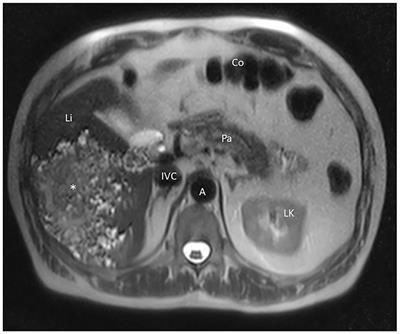EDITORIAL
Published on 23 Feb 2022
Editorial: Laparoscopic and Robotic Liver Surgery
doi 10.3389/fsurg.2022.854582
- 1,238 views
- 1 citation
3,589
Total downloads
11k
Total views and downloads
You will be redirected to our submission process.
EDITORIAL
Published on 23 Feb 2022
ORIGINAL RESEARCH
Published on 13 Dec 2021

ORIGINAL RESEARCH
Published on 23 Nov 2021

CASE REPORT
Published on 13 Apr 2021

CASE REPORT
Published on 04 Mar 2021

